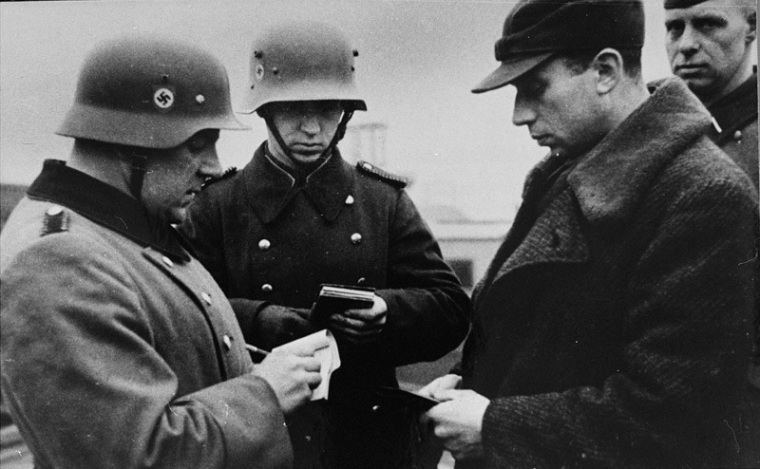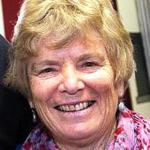
“The countless experiences of infinite suffering on the brink of death are already a distant, unimaginable story for new generations,”said a 92 year old Polish-born Holocaust survivor. She was 13 when she was led out of the gas chamber at Majdanekconcentration camp, simply because it malfunctioned that day. But then she was taken to Auschwitz-Birkenau camp, the most notorious of the Nazi death camps, where 1.1 million people died.
Halina Birenbaum made her comments on Thursday 27th January,International Holocaust Remembrance Day. (The date was chosen to commemorate the liberation of Auschwitz by Soviet troops, now 77 years ago.)
But is the ‘infinite suffering’ Halina refers to, being forgotten?Is the loss of memory leading to a risinganti-Semitism (hatred of Jews) that has been particularly noticeable during thisCovidpandemic? Many think so – they see such anti-Semitism is often fuelled by the ‘echo chambers of hate’, found on many internet platforms.
Misunderstood and misapplied
Or, as is the case in New Zealand, holocaust history is misunderstood and misapplied. Media coverage of protests against the Government concerning its mandates on vaccination and Covid control have shown people wearing yellow stars and carrying placards. They are clearly likening the NZ Prime Minister Jacinda Arden to Adolf Hitler and our current government to the Nazi party.
One columnist, Ben Kepes, describes this as a ‘huge false equivalency.’ For him, it is personal. His grandfather was murdered by the Nazis in the Bergen-Belsen camp. He also notes that Jews were forced to wear the Star of David throughout Europe. If they didn’t, they could be (and often were) executed. To liken our vaccine passport to the wearing of yellow Jewish Stars of David is utterly wrong – the vaccine pass is intended to keep people safe.
Bringing in holocaust history in an attempt to draw attention during a protest against a benign move on the part of our Government is not only overlydramatic and ‘over the top’, it also undermines the credibility of any protest. It also has the terrible effect of demeaning that ‘infinite suffering’ that Halina Birenbaum referred to.
It has often been said that if we don’t understand our history, then we make the mistake of repeating such history. Sadly, that appears to be happening increasingly with such protests, and in the internet comments that emerge.
Recently in a comment on Facebook I queried the lack of a vaccine pass check at a café I went to, and a young manthat I didn’t know, posted in reply a photo of Nazi soldiers checking the papers of a Jewish man. “Is this what we want in NZ?” was the accompanying comment.
I was appalled that someone could even think that way, let alone post such a photo. Doing so tarnishes the terrible history of the holocaust.
Do your part
Ben Kepes encouraged his readers to “rail against those trends.” I’m doing my small part, but also I’m encouraged by the fact that as a Christian, we are called to remember. We remember not only what the Lord has done for his people, but we also remember the history of that people, the Jews, and what has been done to them through centuries of persecution. Hitler’s regime could only bring about the persecution of Jews (often good German citizens) in his country by tapping into the vein of anti-Semitism that already existed in society.
“Never again,” was the cry after World War One – which was described as the war to end all wars. Then only 20 years later World War Two erupted. After the horrors of the holocaust were revealed, and after the release of the atomic bombsin Japan, the cry has become even more urgent– Never Again!
In remembering Jewish history, we also remember too that God has a plan for his people, both Jew and Gentile – and in today’s world, for both Israelis and Palestinians. We need to realise why it is so important to remember. We also have to guard against any misapplications of that history, as in the protests I mentioned earlier, and to guard against the rise of hatred and persecution against Jews, and any other minority groups. We must do our part to make sure that what gave birth to such a murderous regime as that of the Third Reich is never seen again.

Liz Hay rejoices in living in a beautiful part of God’s creation in a high country mountain basin; and she also rejoices in hearing stories of God at work in people’s lives. One of her favourite activities is reading fascinating biographies that illustrate the wonderful ways God works uniquely with each person.